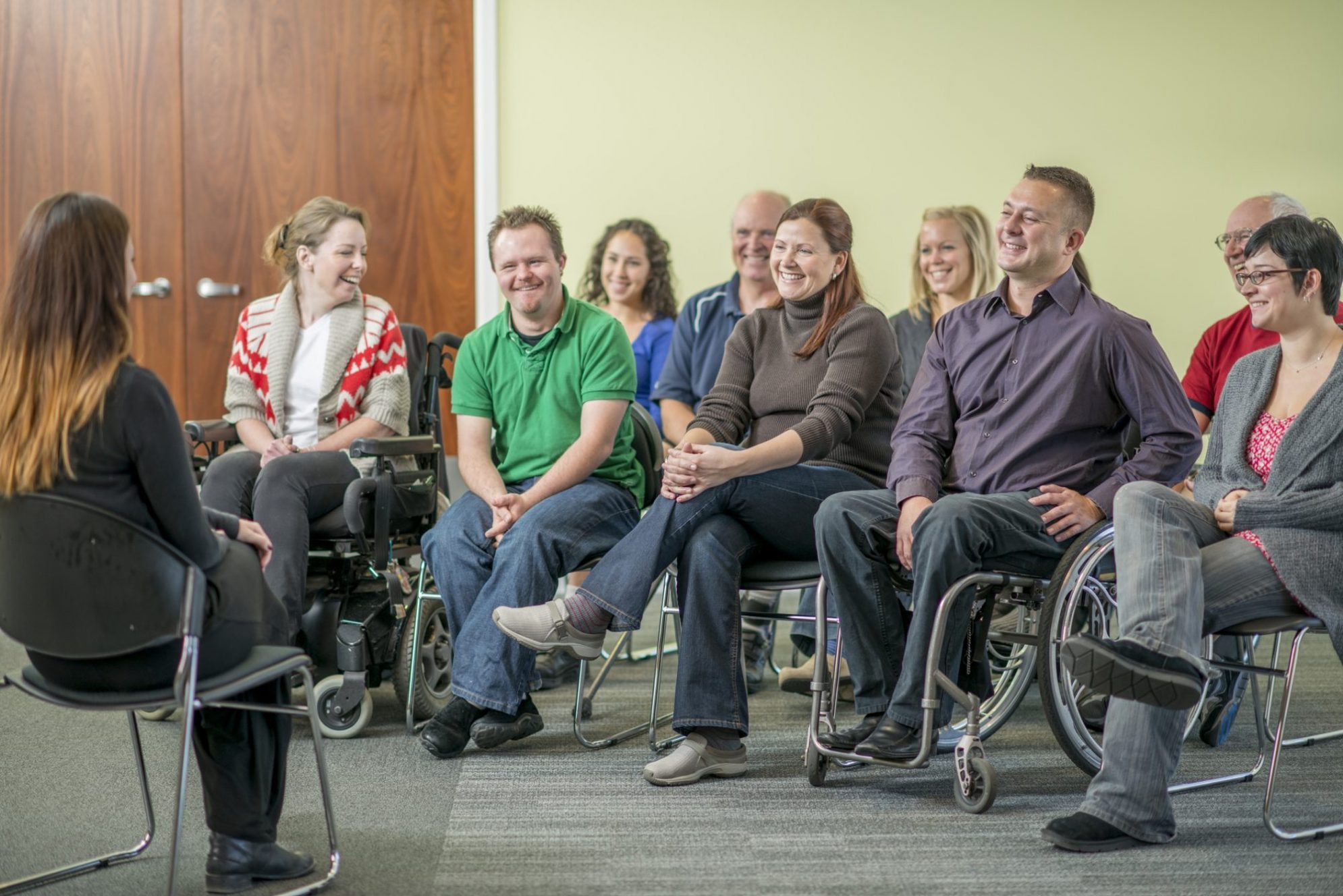
They said “yes”. How to use public engagement events to gain support for your proposal
To engage people effectively, there are two fundamental things you must do. First is to communicate well – in whatever form and through whatever channel that may be. You have to communicate clearly to your stakeholders and to the general public. The second fundamental is to listen. Listen to what people have to say; their ideas and their opinions.
Planning public engagement events
Public engagement events are an opportunity to put into practice both of those fundamentals. But careful and thorough planning is essential. Get it right and you can speak directly to the local community or key stakeholders to articulate your plans or proposals, answer questions, and also hear what they have to say.
Get it wrong and you could risk your reputation. Damage hard-won relationships. And even leave your plans for change in serious jeopardy, or subject to legal challenge in the future.
Events are just one part of the engagement mix. They offer a valuable opportunity to speak face to face, person to person about the big issues affecting local people, or communities. They are also an effective means of capturing a range of ideas and opinions to help inform your strategic planning.
Watch and share our five top tips to planning engagement events video.
Getting the most from your engagement event
Face to face communication with stakeholders is an important element of wider engagement programmes. So, how do you ensure you get the most from your engagement event?
Make your event accessible
Accessibility is a vital part of any engagement programme – indeed, it’s one of the seven principles listed in the Consultation Institute’s Consultation Charter. Make sure your event is structured to be as inclusive as possible. Ask yourself:
- Does your chosen venue have appropriate wheelchair access and accessible facilities?
- Have you booked a sign language interpreter?
- Will there be a hearing loop installed for the hard-of-hearing?
These elements represent the absolute bare minimum of accessibility requirements, and should be clearly communicated across all event materials in advance. We recommend working from an event accessibility checklist when venue-finding, to ensure you consider all aspects before deciding upon where to hold your engagement event.
Ensure the right people are in the room
It’s important to identify the individuals in your organisation who are best placed to explain your plans or proposals clearly to the public. Get the event in their diaries early, particularly if they’re clinicians who can need as much as six weeks’ notice to lock in a date. Ensure you have a good mix of experts in the room so you can answer questions on a whole range of different areas. Make sure they are well briefed, and understand that their role is to articulate the plans to the public – and take questions.
Brief your team
So, you’ve got your experts lined up, but have you briefed those who will be representing your organisation thoroughly? For many this will be new territory, so walk them through the process – the format, the running order, who’s saying what and when. And for some, this may mean further training. While question spotting is a useful exercise, it is impossible to anticipate every possible enquiry. Let your spokespeople know that for questions that can’t be answered there and then, they should record the contact details of the person so they can get back to them at a later date.
Record what’s said
Finally, organising a great engagement event will count for nothing if you don’t have appropriate recording arrangements in place. That might mean audio-recording so you can listen back to what was said, or for an event that has breakout tables and discussions, you’ll want note-takers on each table. For the latter, stakeholder engagement best practice suggests having both a facilitator and a note-taker on hand, so one can focus on keeping conversation flowing, while the other can properly capture everything that’s said.
These are just a few engagement event ideas to ensure you make the most from the day. Of course, there are a whole range of different types of community engagement events that you could hold as part of your engagement programme, and choosing the right one(s) will depend on the proposals you are putting forward and the audiences you wish to engage with. However, invariably the best engagement events give attendees ample opportunity to share their views. Don’t just talk at people. Remember, it’s good to listen.
Freshwater has advised clients right across the UK on major engagement, consultation and community relations programmes. We create meaningful opportunities for constructive dialogue between our clients and their stakeholders.
Learn more about stakeholder engagement and consultation services.
